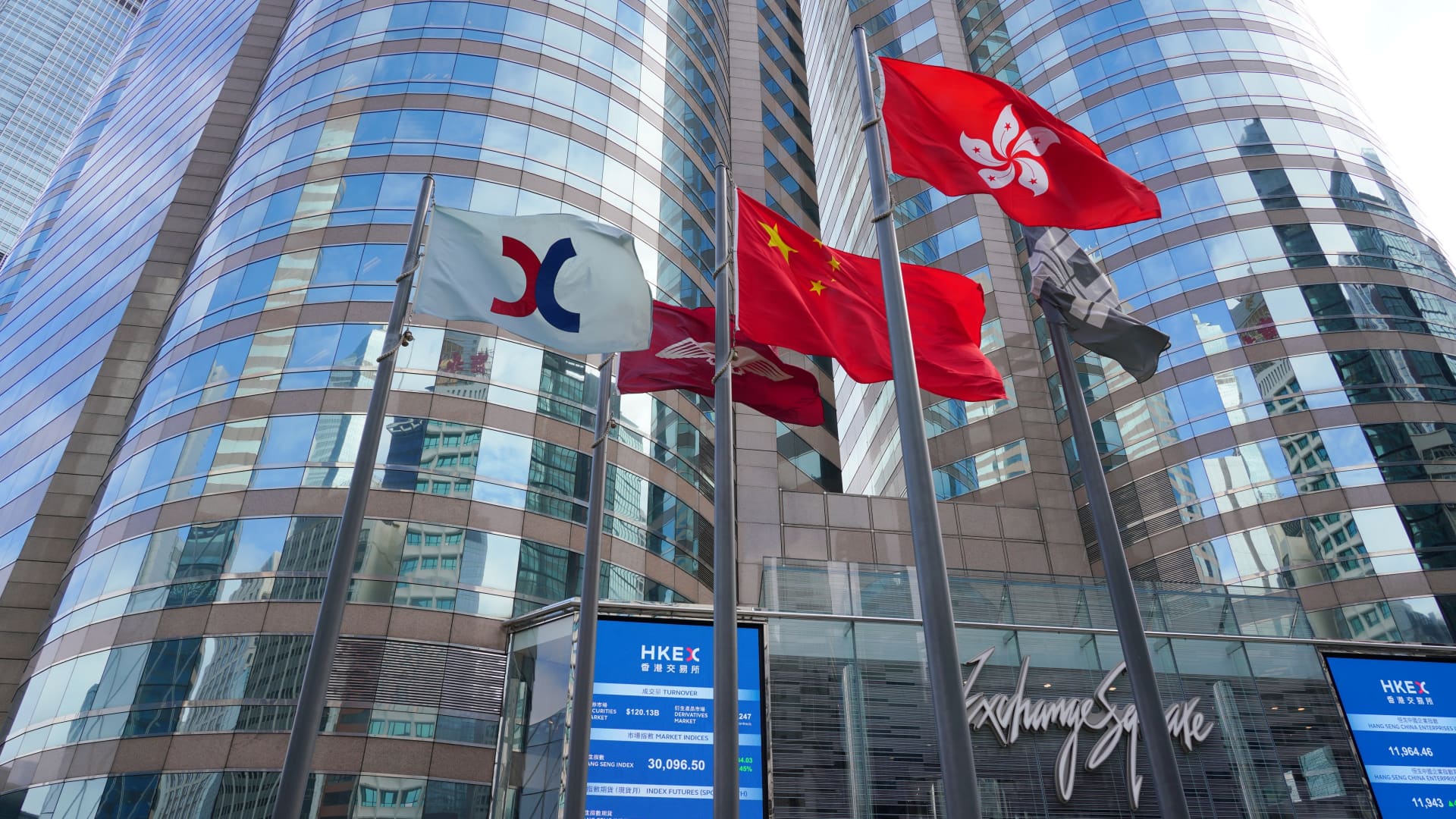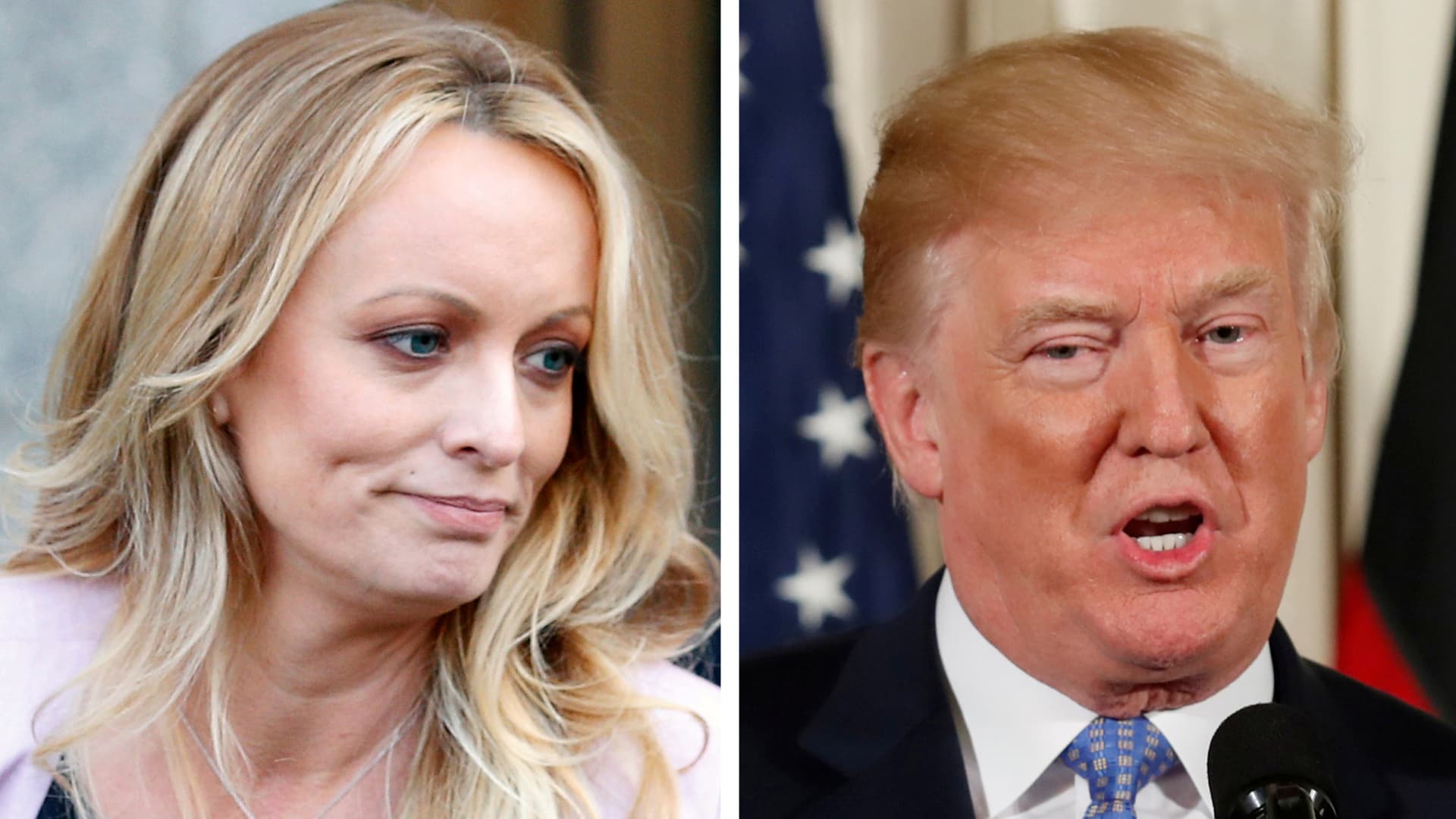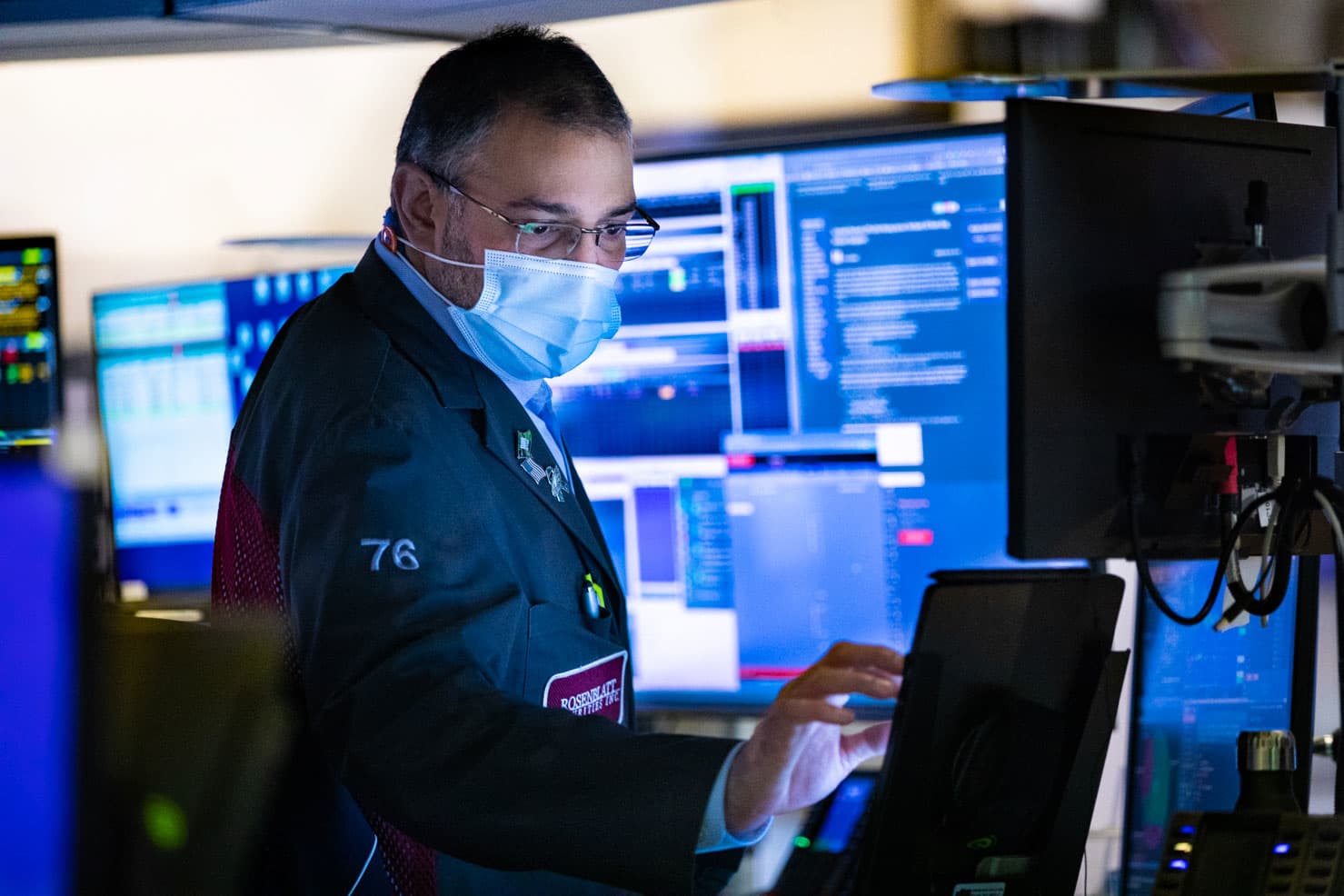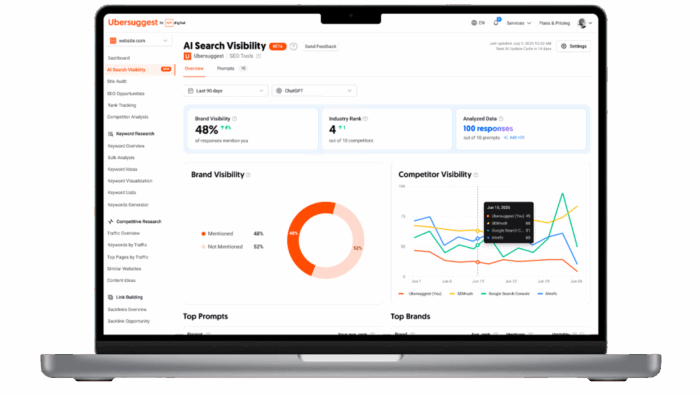Hong Kong's Hang Seng down nearly 2%; consumer confidence in Japan, South Korea falls
Shares in the Asia-Pacific fell on Wednesday after Wall Street's negative performance on Tuesday.

SINGAPORE — Hong Kong shares led losses in Asia on Wednesday after Wall Street's negative lead. Consumer confidence in South Korea and Japan fell, according to official surveys.
Hong Kong's Hang Seng index declined 1.88% to close at 21,996.89 while the Hang Seng Tech index dropped 3.27%. Alibaba's stock in Hong Kong dropped 3.05% and Meituan fell 2.31%.
In South Korea, the Kospi dropped 1.82% to 2,377.99, while the Kosdaq shed 0.93% to 726.35.
South Korea's consumer sentiment index fell, standing at 96.4 for June 2022, down 6.2 points from May's print, according to Bank of Korea's survey.
The Nikkei 225 in Japan was down 0.91% to close at 26,804.6, and the Topix slipped 0.72% to 1,893.57. Retail sales in Japan rose 3.6% in May compared to a year ago, a third consecutive month of growth, government data showed.
Japan's consumer confidence fell in June, with the index at 32.1, compared to 34.1 in May.
I'm still optimistic on a 12-month view, but for the next three or four months, I think there's more downside
Shane Oliver
Chief Economist, AMP
Australia's S&P/ASX 200 was 0.94% lower at 6,700.2 at the close. Retail sales in Australia rose 0.9% in May compared to April, the same increase in April from March.
MSCI's broadest index of Asia-Pacific shares declined 1.56%.
Singapore's STI bucked the trend in the region, rising about 0.21% in its final hour of trade following Deputy Prime Minister Lawrence Wong's announcement to strengthen Singapore's "social compact" on Tuesday.
Talk of the social compact has had a positive influence on markets because increased productivity — a component of social compact — gave some Singapore's stocks a boost in the past two years, Singapore Exchange Markets Strategist Geoff Howie told CNBC's "Street Signs Asia."
Recession fears
Shane Oliver, chief economist at AMP, said markets will remain vulnerable until there's more certainty about whether a recession can be averted.
"Even if we don't have a recession, we're gonna see quite a significant slowdown in global growth, in growth in Asia, and that's going to weigh on company profits, so I suspect there is more downside," he told CNBC's "Squawk Box Asia" on Wednesday, adding that the market may only bottom in September or October.
"I'm still optimistic on a 12-month view, but for the next three or four months, I think there's more downside," he said.
"With the Fed hiking aggressively into an already weakening economy, I think odds for a soft landing are not that high," said Gunther Westen, global head of asset allocation at ODDO BHF Asset Management.
Stock picks and investing trends from CNBC Pro:
China quarantine changes
Elsewhere in the region, China cut the quarantine period for international travelers on Tuesday, in a step away from its strict Covid controls that have been in place for more than two years.
People arriving from overseas will now need to quarantine for seven days upon arrival and three days at home, compared to up to 21 days in a centralized facility previously.
Mainland Chinese markets closed higher on Tuesday, but the Shanghai Composite slipped 1.4% to 3,361.52, and the Shenzhen Component declined 2.2% to 12,696.5 on Wednesday.
Trip.com's U.S.-listed shares popped nearly 11% on Tuesday, and extended gains in after hours trade. Cathay Pacific's stock closed 6.4% higher on the news on Tuesday, but declined slightly on Wednesday.
Bloomberg also reported, citing people familiar with the matter, that Hong Kong's incoming administration is considering reducing mandatory hotel quarantine to five days, down from seven.
Currencies and oil
The U.S. dollar index, which tracks the greenback against a basket of its peers, was at 104.485, bouncing back from below 104 earlier this week.
The Japanese yen weakened past the 136 level against the dollar again, after strengthening and holding steady in the past few sessions. It last changed hands at 136.14. The Australian dollar was at $0.6884.
Oil futures were little changed in Asia's afternoon trade. U.S. crude futures were up fractionally at $111.80 per barrel, while Brent crude lost 0.08% to $117.89 per barrel.
— CNBC's Evelyn Cheng contributed to this report.

 Koichiko
Koichiko 



















.jpg&h=630&w=1200&q=100&v=6e07dc5773&c=1)











